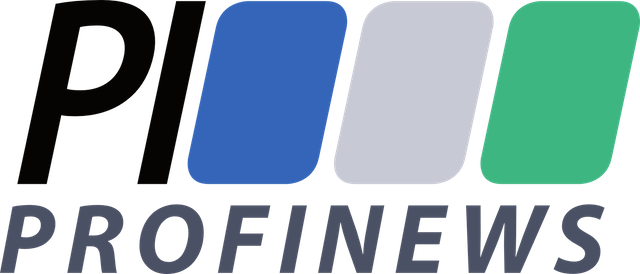Karsten Schneider, Chairman of PI on Industrie 4.0.
(For PI, the Industrial Internet of Things is a subset of Industrie 4.0.)
Industrie 4.0 calls for easy-to-handle solutions that are characterized by high performance capability for real-time, availability, flexible topologies, and integration – even over great distances – and that also make use of the many possibilities of the digital world. In recent years, PI has brought about numerous developments that meet these requirements.
For example, the openness of technologies is always an important maxim and is ultimately also the reason for the success of the PI technologies. This means that specifications and guidelines are available to any interested party for implementation in products or use in systems and applications.
Also, the transmission of large data volumes, an important requirement for Industrie 4.0 solutions, has also been a top priority for PI. PROFINET is currently the only standard that supports the complete real-time bandwidth, from hard real-time requirements in high-performance machines with the necessary openness for IP communication all the way to transmission of large data quantities in real-time within automation systems and with higher-level IT systems.
PI has not only mastered the networking of technologies but also the networking of users, manufacturers, and associations. PI has long been collaborating – often already before the term “Industrie 4.0” existed – with important committees to advance important issues such as Semantik eCl@ss, Automation ML, Condition Monitoring (for example, with VDMA), integration of OPC UA (with the OPC Foundation) and cloud services as well as product descriptions.
These activities are now intensifying in the newly formed working group I4.0@PI. The technologies of PI are being evaluated in detail here using specific use cases against the backdrop of the requirements for production systems for Industrie 4.0. The core of this is PROFINET, which takes on the role of the backbone in the automation systems. The working group is identifying properties in the available technologies that already meet the requirements of Industrie 4.0. If there is a need for development, specific task areas will be defined. As part of this work, new technologies such as TSN and IPV6 will also be evaluated and action agreed on in the standardization committees. However Industrie 4.0 looks in the future, PI will track the development with watchful eyes and ensure that the specifications set by PI, such as reliability, openness, and interoperability as well as reliable real-time behavior, are complied with and that the application of this complex issue remains simple.
